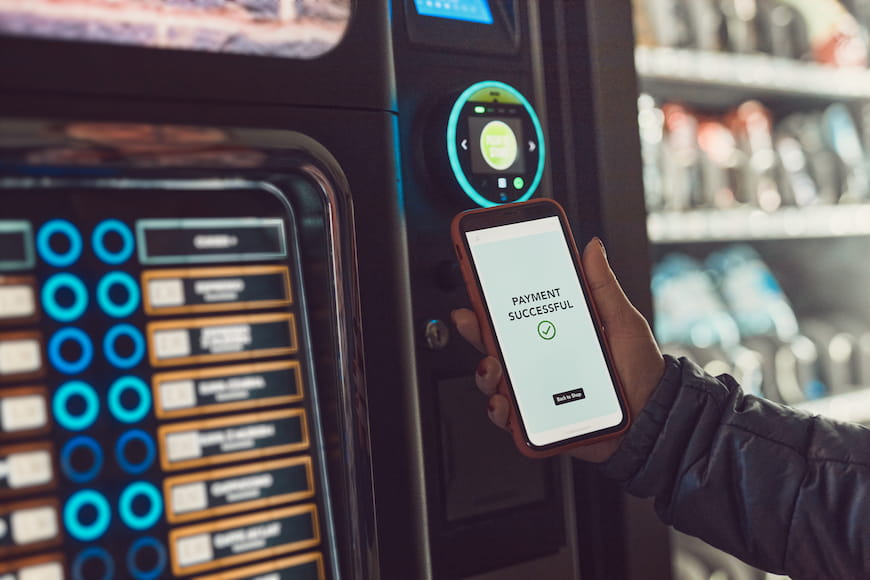Equitable learning is a term that encompasses all of education. Whether students are learning in or out of a classroom, the idea that all students should have the same access to much-needed resources is at the core of equitable learning. But ensuring that access is easier said than done.
How can institutions guarantee access to these crucial resources and course materials? Physical copies of content aren’t always available or affordable for students. In fact, studies have shown that over half of students will avoid purchasing course materials due to high prices. So, what’s the answer? And how can institutions apply and scale equitable learning programs? The solution lies in digital content and learning enablement platforms.
Simply put, equitable learning means providing access to educational resources to all students. This can range from textbooks to assistance from academics. Under equitable learning programs, students can get the structure and help that they need, ensuring that they have the same opportunities as their peers to succeed.
Bringing these kinds of learning initiatives to an institution can come with its own hurdles. Beyond getting support from academics and students alike, change can be slow-going without the right solutions and tools for implementation. However, equitable learning programs can ensure much higher rates of completion, retention, and better outcomes for students, making it an invaluable and worthwhile investment.
Ensuring equitable access to materials can come with its fair share of challenges. Beyond simply having the time and availability to help all students, academics may discover that not all of their students have the necessary resources to succeed. As the cost of course materials has increased over the years, students may be forced to do without if the price is too high.
Some institutions can overcome this with textbook reserve programs at libraries. Other options include making scholarships available for textbooks and other materials. However, neither of these options can be applied at a large scale if physical copies of books are scarce and scholarships are limited. This leaves a blind spot for institutions where some students can slip through the cracks.
In order to truly provide this all-inclusive access for students, institutions can leverage technology and new digital solutions. These solutions are learning enablement platforms. These platforms deliver content in an accessible, engaging format that students can immediately begin using.
Beyond simple access, academics can also ensure students are engaging with assigned materials and reading assignments, thus ensuring a better overall experience. Learning enablement allows students to truly reach their full potential, while academics and institutions can guarantee equitable access to crucial resources.
.jpg)
From the first day of class, students will have access to any and all course materials they need. From textbooks to monographs and Open Educational Resources (OER), students can easily take advantage of these resources.
These digital content options are also easier for students to use in terms of accessibility and learning habits. For example, BibliU offers text-to-speech options, as well as zoom and highlighting features should students need or want to use them. With these student-first features, Learning Enablement platforms can help students stay on top of their coursework in a way that suits their needs.
Another advantage of using Learning Enablement platforms for equitable learning comes in the form of cost savings. The price of physical textbooks can be a burden for many students, but going without purchasing them can only hurt their chances for academic success.
Learning enablement platforms provide a more affordable solution. Instead of paying hundreds for a single physical copy of a textbook, content is tied to a low per-student price that can be packaged with enrollment fees. Thus, with digital content, students can save anywhere from 30-50% on the cost of textbooks and not have to go without. This kind of affordability can dramatically
Engaging students can be a challenge, especially when it comes to ensuring accountability for reading assignments. With physical textbooks, there’s a distinct limit to how much academics can evaluate a student’s understanding of material.
Digital content solutions provide a unique solution: courseware with engagement features. With Learning Enablement platforms, academics can set up chapter-specific in-book quizzes and monitor student performance, as well as answer questions outside of class using interactive discussion features.
With BibliU’s Learning Enablemet platform, academics can track student reading times and identify at-risk students and intervene before critical evaluations. This kind of all-in-one engagement helps students achieve more and provide a truly equitable learning experience.
Equitable learning can help close the gap for students, ensuring they all have the tools, resources and ability to succeed academically. This in turn can help boost student completion as well as retention rates, making it a well worth implementing at any institution.
Learning Enablement platforms can be a key part of bringing more equitable learning to your institution. With robust features meant to engage students, a transparent pricing structure, and unparalleled accessibility, these tools are truly student-first and designed to enable more successful learning outcomes. With these kind of digital solutions, bringing equitable learning to your campus can be much easier for students and academics alike.

Drawing on insights from Erik Russell of Occidental College on Campus Convos, this blog explores how innovations in auxiliary services reveal a bigger lesson for higher ed: let technology deliver on-demand convenience, while people provide the human touch that makes the student experience truly personal.
.jpg)
Rural community colleges are lifelines opportunity face unique challenges, like broadband gaps and transportation barriers. Based on the Campus Convos episode with Dr. Bryan Newton of Glen Oaks Community College, we're showing how rural colleges are turning obstacles into innovation.